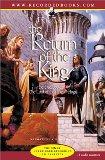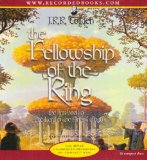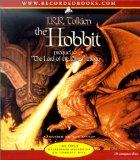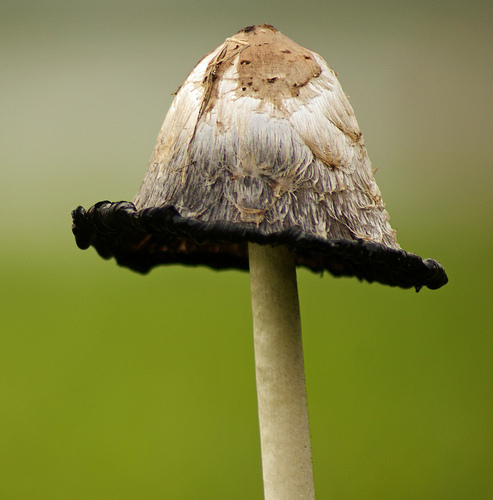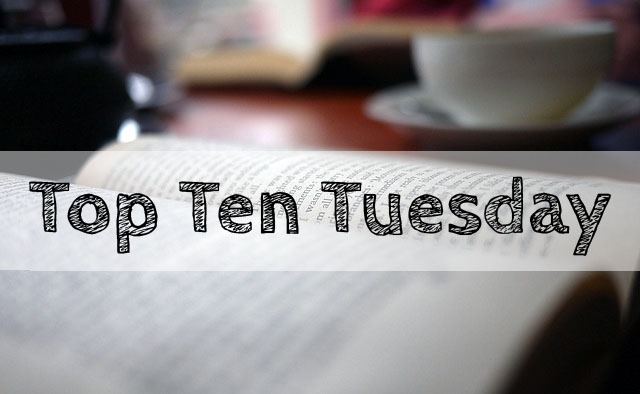 This week’s Top Ten Tuesday is all about book to movie adaptations. Oh, this is a hard one. I will start with the best ones. Links go to the movies’ IMDb profiles.
This week’s Top Ten Tuesday is all about book to movie adaptations. Oh, this is a hard one. I will start with the best ones. Links go to the movies’ IMDb profiles.
- Brokeback Mountain the movie is even better than Annie Proulx’s short story. Proulx doesn’t develop the characters as much, and Innis and Jack’s wives are just window dressing. The movie gives the story much more depth and heart. I hardly ever say this kind of thing. The book is usually better. Which brings me to #2.
- The Princess Bride is another case where I think the movie is better. The book gets a little lost, but the movie stays focused. Plus the acting is just great. Easily one of the most quotable movies of all time.
- To Kill a Mockingbird is a great film. Not as good as the book, but really great. Everyone talks about how wonderful Gregory Peck was as Atticus Finch, and he was, but they always forget that Mary Badham was phenomenal as Scout. She was nominated for an Academy Award. She didn’t win. Probably because of her age. She was only ten years old.
- One Flew Over the Cuckoo’s Nest was famously reviled by Ken Kesey, who didn’t like it that you couldn’t tell the story through the eyes of the schizophrenic Chief Bromden, but the film turned in some stellar performances by some actors often known more for comedy. Great film.
- The Color Purple jiggled some things around, but they got the most important stuff right. I love this film all over again every time I see it.
- Sense and Sensibility is gorgeously shot and the acting is awesome. I like everyone in it.
- Pride and Prejudice, both the version with Jennifer Ehle as Elizabeth and the one with Keira Knightley.
- The adaptation of Louis Sachar’s novel Holes was awesome. Pretty much just like the book.
- I don’t know if it’s cheating to include plays, but I’m gonna. Franco Zeffirelli’s Romeo and Juliet is pretty much the gold standard of Shakespeare in film.
- Clueless is a pretty awesome update of Emma. I love that movie.
My choices for worst adaptations:
- As much as I love the Harry Potter movies, Harry Potter and the Prisoner of Azkaban hits all the wrong notes from the opening when Harry is practicing spells outside of school in a Muggle house, which everyone knows underage wizards can’t do, to the made up toad chorus and talking shrunken head, to the confusing deletion of the Marauders’ subplot that renders the movie incomprehensible unless you have read the book. And everyone looks scruffy the whole movie long. They don’t have to be as well scrubbed as when Chris Columbus directs, and I don’t mind them looking like normal teenagers, but having parts of your shirt untucked, your tie askew, and your hair mussed in every single scene? Nah. I’m blaming the director for this one because I like the others just fine (except for Michael Gambon’s performance, especially in Goblet of Fire—Dumbledore wouldn’t manhandle Harry like that). It’s a shame because it is easily one of the top books in the series.
- Just about every version of Wuthering Heights except this one, though to be fair, I haven’t seen the newest one with Kaya Scodelario. Why on earth people can’t get that book straightened out in film form, I do not get. Some versions cut the Hareton and Cathy part altogether. Others delete Lockwood.
- The Scarlet Letter with Demi Moore. What were they thinking? We were discussing the scene when Reverend Dimmesdale reveals the scarlet letter carved into his own chest and dies in one of my classes one day, and I re-read it to the class. One of my students said, “Wow, this would make a great movie.” Yeah, you’d think, but no.
- This version of Macbeth is pretty heinous, but I do use two scenes from it when I teach the play. They do some neat camera tilt tricks and use mirrors in a clever way in the scene when Banquo’s ghost shows up, and the opening with the three witches dressed like schoolgirls busting up a graveyard is good.
- The Rankin/Bass versions of The Hobbit and The Return of the King and Ralph Bakshi’s version of The Lord of the Rings. Ugh. I much prefer Peter Jackson’s adaptions despite the changes made. He takes the subject matter seriously.
- The Black Cauldron was ruined by Disney. I don’t blame you if you didn’t read Lloyd Alexander’s Prydain Chronicles if you thought they were like that movie. I remember dragging my mom to see it and being so disappointed.
- And by that same token, The Seeker adapted from Susan Cooper’s novel The Dark is Rising is heinous. I keep using that word. But it’s so true in this case. Take this one together with The Black Cauldron and there’s a fair chance kids won’t give these wonderful books steeped in Welsh myth and legend a shot at all.
- Their Eyes Were Watching God was pretty bad. Oh, you mean you never even knew it it existed? There is a good reason for that. I love that book. I can’t believe the film is so bad.
- Beowulf. Oh. My. Gosh. What the heck was that?
- Midnight in the Garden of Good and Evil should have been good. Kevin Spacey is in it. Clint Eastwood directed it. The Lady Chablis played herself. Instead it’s terrible. Don’t watch it.
